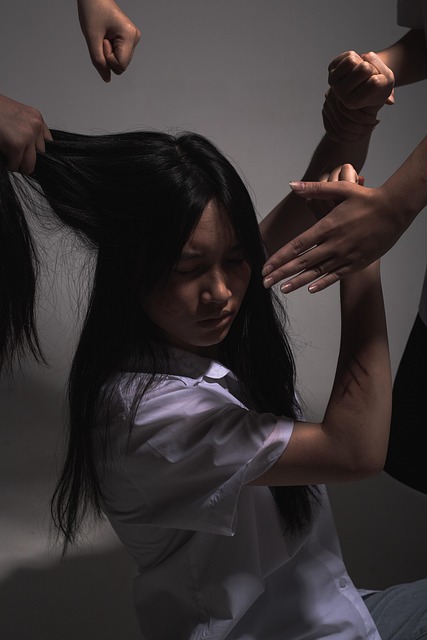Agape Boarding School abuse victims have specific legal rights, including representation, compensation, and the ability to sue. Legal advocates guide them through complex systems, providing support for healing and justice. This involves creating safe spaces, gathering evidence, and collaborating with trauma specialists to empower survivors to seek restitution and prevent future abuse.
Many survivors of Agape Boarding School abuse seek legal advocacy to regain power and heal from their traumatic experiences. This comprehensive guide explores the critical steps towards justice for victims, delving into their rights, navigating complex legal systems, and providing practical strategies for effective advocacy. Understanding the unique challenges faced by Agape Boarding School abuse survivors is essential in fostering support and ensuring they receive the justice they deserve.
- Understanding Agape Boarding School Abuse Victims' Rights
- Navigating Legal Systems for Justice and Healing
- Strategies for Effective Advocacy and Support
Understanding Agape Boarding School Abuse Victims' Rights

Survivors of Agape Boarding School abuse have specific rights that must be understood and protected. These individuals have endured severe emotional, physical, and psychological trauma, often resulting from years of mistreatment and exploitation. Recognizing their rights is a crucial step in ensuring they receive the support and justice they deserve.
Agape Boarding School abuse victims are entitled to legal protection, including access to legal representation, and the right to seek compensation for their suffering. They can take legal action against the institutions and individuals responsible, holding them accountable for their actions. Understanding these rights empowers survivors to come forward, share their stories, and hold the aggressors accountable while seeking much-needed closure and healing.
Navigating Legal Systems for Justice and Healing

Navigating legal systems can be a daunting task, especially for those who have experienced trauma like Agape boarding school abuse victims. These survivors often face unique challenges when seeking justice and healing through legal advocacy. The process involves understanding complex laws and procedures, which can be overwhelming for individuals who may have limited access to resources or legal representation.
Legal advocates play a crucial role in empowering Agape boarding school abuse victims by providing guidance and support. They help survivors understand their rights, explain the legal options available to them, and represent their interests in court. This advocacy ensures that justice is served, and survivors receive the compensation and recognition they deserve for the trauma they have endured. It also facilitates a path towards healing, allowing victims to rebuild their lives with dignity and closure.
Strategies for Effective Advocacy and Support

Supporting Agape boarding school abuse victims requires a multifaceted approach to ensure their holistic healing and justice. One effective strategy is creating safe, judgment-free spaces where survivors can share their stories and connect with peers who understand their experiences. This can be facilitated through support groups, counseling sessions, or online forums dedicated to fostering community among Agape Boarding School Abuse Victims.
Additionally, legal advocacy plays a crucial role in holding accountable those responsible for the abuse. This involves staying informed about relevant laws and policies, collecting compelling evidence, and providing guidance on reporting and legal options. Collaborating with legal professionals specializing in human rights and trauma-informed practices can empower survivors to take legal action, seek restitution, and prevent future instances of abuse within similar institutions.
Survivors of Agape Boarding School abuse deserve justice and healing. By understanding their rights, navigating legal systems effectively, and employing strategic advocacy, we can ensure that these individuals receive the support they need to heal from their traumatic experiences. Remember that legal advocacy plays a crucial role in holding institutions accountable and providing a path towards closure and improved well-being for victims.
